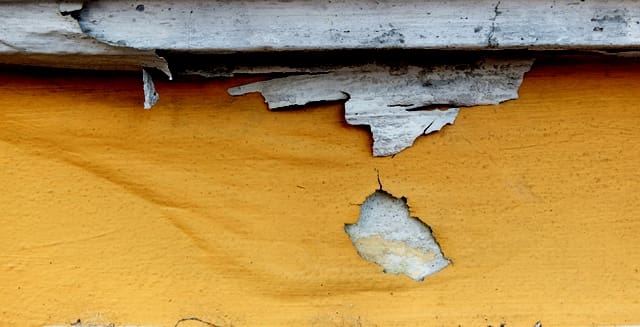Lead paint poses significant health risks, especially for children and pregnant women. In this guide, we’ll delve into practical strategies and tips to protect your family from the dangers associated with lead paint exposure. By understanding the risks and taking proactive measures, you can create a safe and healthy living environment for your loved ones.
Identifying Lead Paint:
Before taking steps to mitigate the risks of lead paint, it’s crucial to identify whether your home contains lead-based paint. Older homes, typically built before 1978, are more likely to have lead-based paint layers. You can hire a professional lead inspector to conduct tests or use DIY test kits available in the market. Identifying lead paint is the first step in ensuring your family’s safety.
Minimizing Exposure:
If lead paint is present in your home, there are several measures you can take to minimize exposure. Start by addressing deteriorating paint surfaces, as these are more likely to release lead dust into the air. Regularly inspect and maintain painted surfaces, addressing any chips, cracks, or peeling paint promptly. Consider encapsulating lead paint with sealants or, if feasible, opt for professional lead paint removal services.

Creating a Safe Environment:
In addition to addressing lead paint hazards directly, creating a safe environment involves adopting certain lifestyle habits. Installing high-efficiency air filters can reduce lead dust particles circulating indoors. Education plays a vital role in protecting your family from lead paint hazards. Teach your children about the dangers of lead exposure and the importance of avoiding peeling paint or paint chips.
Regular Testing and Monitoring:
To ensure ongoing safety, conduct regular lead testing in your home, especially in areas frequented by children or pregnant women. Monitor your family members’ health for any signs of lead poisoning, such as developmental delays, learning difficulties, or behavioral changes. Early detection and intervention are key to minimizing the impact of lead exposure on your family’s health.
Protecting your family from lead paint hazards requires a combination of awareness, proactive measures, and ongoing monitoring. By identifying lead paint, minimizing exposure, creating a safe environment, educating your family, and conducting regular testing, you can significantly reduce the risks associated with lead exposure. Prioritize your family’s health and well-being by taking these essential steps.
#LeadPaint #FamilySafety #HomeProtection
